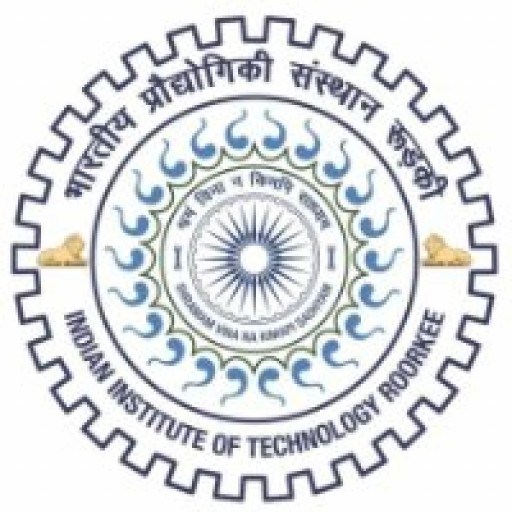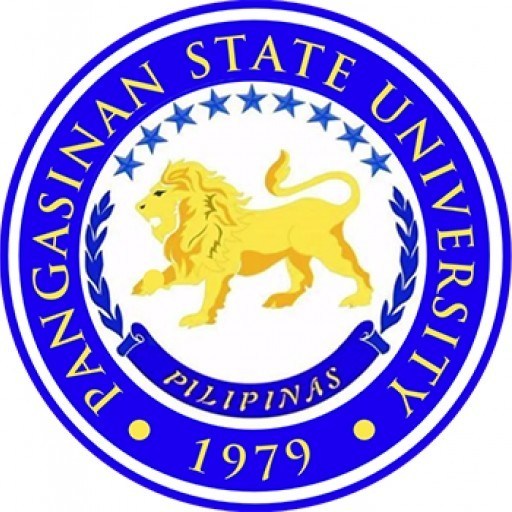Photos of university / #Princeton
The master's degree program at Princeton is a two-year, full-time program. All admitted students will initially be enrolled in the Master of Science in Engineering (M.S.E.), thesis-required track. In the spring of year 1, as part of readmission, all students will be given the option to switch to the Master of Engineering (M.Eng.), non-thesis track. Students opting to remain on the M.S.E. track must have a confirmed research adviser and should also have a preliminary thesis proposal. Switching tracks will be permitted through January of year 2.
Teaching experience is considered to be a significant part of graduate education. Funding is normally in the form of teaching assistantships covering the four semesters of the program. Non-native English speakers must have a TOEFL speak score of 28 or better to be considered for a teaching assistantship. Applicants who do not meet this requirement may opt to apply as self-funded students. Summer funding for M.S.E. candidates in the form of a research assistantship may be offered at the adviser's discretion.
Students wishing to continue on for a Ph.D. should apply through the normal application process during the fall of their second year of study.
Princeton undergraduate students who wish to apply to the master's program must do so through the regular admission process, and by the December 15 deadline. Admission is competitive. You will need to submit (1) a one-page personal statement describing your preparation to date and why you are interested in the master's program; and (2) an unofficial copy of your transcript. In addition, you must have two letters of recommendation from COS professors emailed directly to the graduate coordinator. Once these materials have been received, the director of graduate studies will perform an informal review and provide feedback about whether admission into the master's program is "likely," "unlikely," or "possible." This feedback is not binding -- it is meant only to help planning for senior year.
Courses:
All coursework must be taken for a grade. A minimum of 4 courses must be taken in year 1. If, due to scheduling conflicts, this is not possible, approval by the director of graduate studies is required. In no event will time to degree be extended beyond two years.
Candidates choose a subarea of computer science on which to focus by taking appropriate courses, and writing a thesis under the direction of an adviser. Course requirements are fulfilled by taking six courses for a grade, at least three of which must be 500-level courses. The other eligible courses are 318, 320, 326, 375, or any 400-level course. Relevant courses from outside the department may be taken with adviser's consent. Candidates must maintain a B average, with no more than one C allowed. In order to be readmitted for a second year, candidates must have a confirmed thesis adviser and preliminary thesis proposal by the end of the first year.
Teaching:
Master’s program is fully funded by teaching assistantships. Masters students are required to T.A. each semester that they are enrolled.
Thesis:
Candidates must prepare and submit an original thesis as well as present a public seminar on the research. The thesis will be reviewed and graded by the student’s adviser plus one additional reader from the Princeton faculty. If the reader is from outside the Department of Computer Science, approval by the director of graduate studies is required. The public seminar is an ungraded 20-minute talk, followed by a 10-minute question session, given in the spring of year 2. This will allow the student’s adviser and reader to give preliminary feedback prior to submission of the final thesis.
The written thesis should be a research paper of "scholarly quality" -- making a novel contribution to scholarship in the field. The thesis should motivate the chosen research problem, evaluate the proposed solution (e.g., via analysis, measurement, simulation, or prototype implementation), and compare the approach to the related work in the field. While there is no specific length requirement, a reasonable target is a typical conference paper (e.g., 10-15 pages in two-column format or 20-40 pages in single-column, double-spaced format). Due date will be Dean's Date in the spring term of year 2. After being graded, four copies of the final version must be submitted to the department: two bound copies, following the formatting guidelines from Mudd Library, one unbound hard-copy, and the fourth as a .pdf file.
Please note: Candidates electing to switch to the M.Eng degree track must complete a total of eight courses over two years, and are not required to submit a thesis. Three of the eight must be 500-level, and the additional courses may be chosen from 318, 320, 326, 375, or any 400-level course. Relevant courses from outside the department may be taken with adviser's consent. All courses must be taken for a grade. Candidates must maintain a B average, with no more than one C allowed.
- Statement of Academic Purpose
- Resume/Curriculum Vitae
- Recommendation Letters
- Transcripts
- Fall Semester Grades
- Prerequisite Tests
- English Language Tests
- Statement of Financial Resources
- Applicants are required to select a subplan when applying.
Scholarships
- Assistantships
- Global Education









